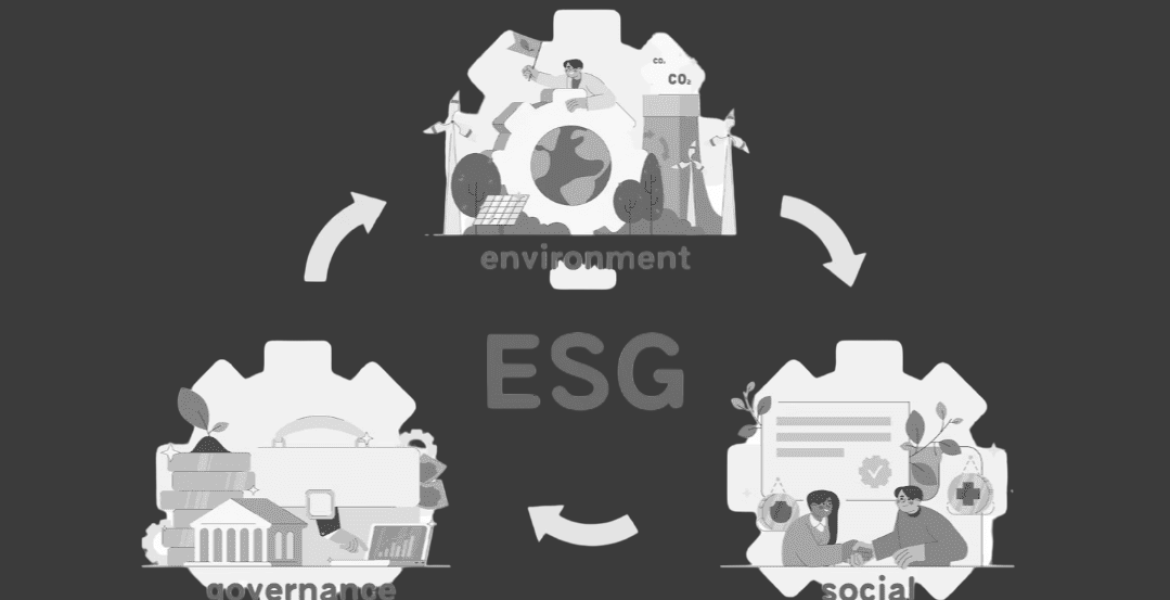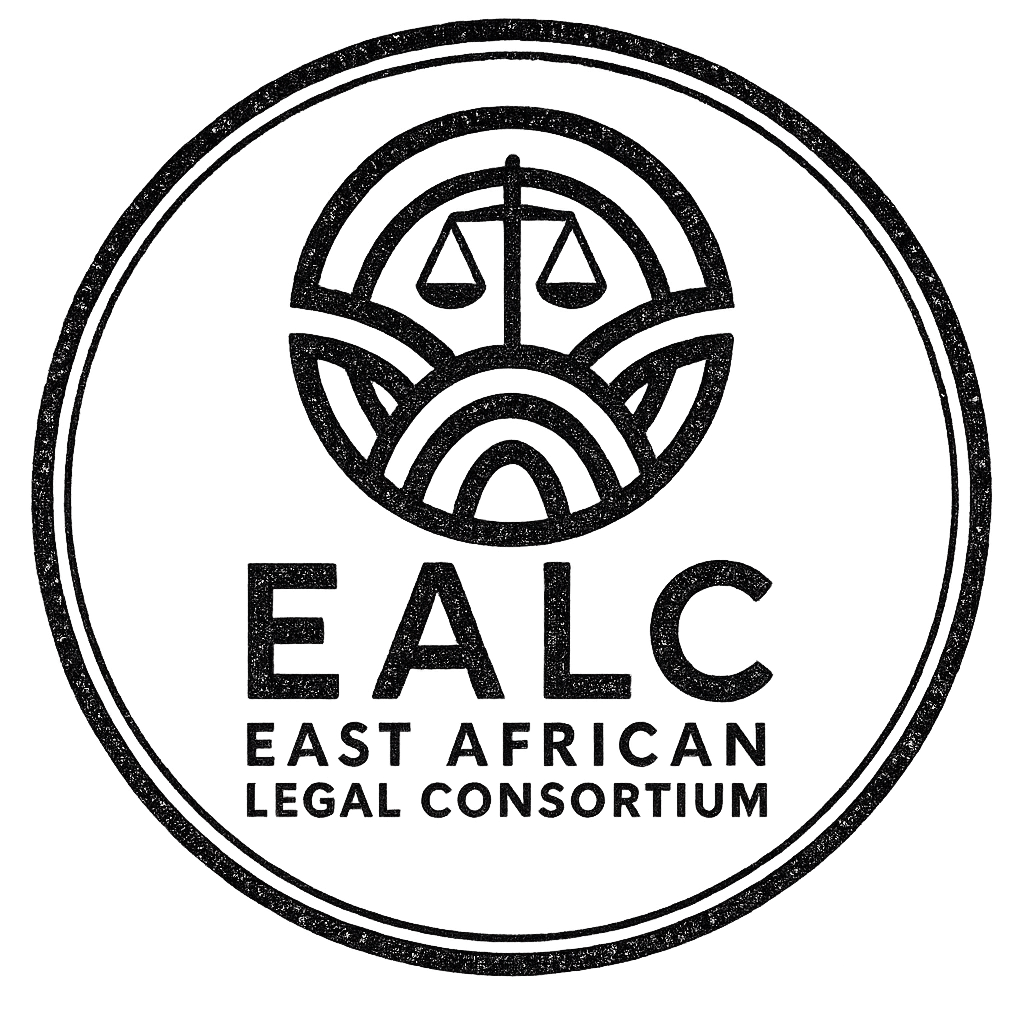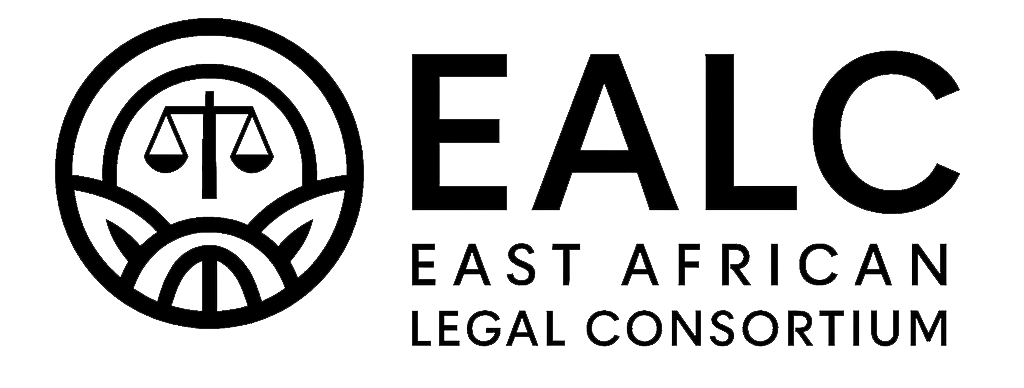Environmental, Social, And Governance (ESG)

why choose us
Years Of Experience
Many Prestigious Awards
Experienced Attorney
Free Consulting
Let's win together
Please feel free to contact us. We will get back to you with 1-2 business days. Or just call us now.

Environmental, Social, And Governance (ESG) Guide – East African Legal Consortium (EALC)
Introduction
At East African Legal Consortium (EALC), we recognize that Environmental, Social, and Governance (ESG) principles are reshaping the global and Kenyan business landscape, driving sustainable growth, ethical practices, and long-term value creation. As a premier full-service law firm based in Nairobi, Kenya, EALC is committed to guiding clients through the complexities of ESG compliance, strategy, and implementation. This comprehensive guide outlines the role of ESG in Kenya, global best practices, the pivotal contributions of the Nairobi Securities Exchange (NSE), and how EALC’s expertise positions us as your trusted partner in achieving ESG excellence.
Understanding ESG: A Framework for Sustainable Success
ESG is a framework that evaluates a company’s performance and impact across three key pillars:
- Environmental: Focuses on a company’s impact on the planet, including carbon emissions, energy efficiency, waste management, and biodiversity preservation.
- Social: Assesses how a company manages relationships with employees, customers, suppliers, and communities, emphasizing diversity, equity, inclusion, labor standards, and human rights.
- Governance: Examines corporate leadership, transparency, anti-corruption measures, board diversity, and compliance with legal and ethical standards.
In Kenya, ESG has evolved from a voluntary best practice to a critical component of corporate strategy, driven by regulatory mandates, investor expectations, and societal demands for sustainability. Globally, ESG is a cornerstone of responsible investing, with frameworks like the Global Reporting Initiative (GRI) and the United Nations Sustainable Development Goals (SDGs) setting the standard.
ESG in Kenya: A Growing Imperative
Kenya has emerged as a leader in ESG adoption within East Africa, aligning with its Vision 2030 goals for sustainable development. Key drivers include:
- Regulatory Framework: The Constitution of Kenya (2010) enshrines the right to a clean and healthy environment (Article 42) and mandates sustainable resource management (Article 69). The Climate Change Act (2016) and its 2023 amendment provide a legal foundation for low-carbon development and carbon market participation.
- Judicial Precedents: Kenyan courts have reinforced ESG accountability. For instance, in 2024, the Supreme Court upheld a KES 1.3 billion award for lead poisoning victims in Mombasa, signaling robust environmental compliance enforcement.
- Private Sector Initiatives: Companies like Safaricom PLC and KCB Group PLC voluntarily report ESG performance, setting benchmarks for transparency and sustainability.
- Green Finance: The Kenya Green Bond Programme, launched in 2016, has catalyzed sustainable investments, with successes like Acorn Holdings’ KES 5.7 billion green bond for eco-friendly student housing.
Despite these strides, challenges persist, including inconsistent ESG reporting, limited awareness among SMEs, and the need for harmonized standards across sectors.
Global ESG Practices: Lessons for Kenya
Globally, ESG frameworks emphasize transparency, stakeholder engagement, and measurable outcomes. Key practices include:
- Standardized Reporting: The GRI Standards and IFRS S1/S2 disclosures ensure comparability and accountability. Kenyan firms can adopt these to align with global investors’ expectations.
- Climate Risk Integration: The Task Force on Climate-Related Financial Disclosures (TCFD) guides companies in assessing climate risks, a practice mirrored by the Central Bank of Kenya’s Guidance on Climate-Related Risk Management (GCRRM).
- Sustainable Finance: Green bonds, sustainability-linked loans, and carbon markets are mainstream globally. Kenya’s Dhamana Guarantee Company (2024) supports local currency guarantees for green investments, aligning with global trends.
- Stakeholder-Centric Governance: Global firms prioritize board diversity and anti-corruption measures, principles echoed in Kenya’s Capital Markets Authority (CMA) Corporate Governance Code (2015).
Kenyan businesses can leverage these practices to attract foreign investment and enhance competitiveness, particularly in sectors like renewable energy, agriculture, and financial services.
The Role of the Nairobi Securities Exchange (NSE) in ESG
The NSE has been a trailblazer in advancing ESG in Kenya, aligning with global sustainability goals and fostering corporate accountability.
Historical Contributions
- ESG Disclosures Guidance Manual (2021): Launched on November 29, 2021, the NSE became the fourth African exchange to issue an ESG Disclosure Guidance Manual, providing listed companies with a roadmap for collecting, analyzing, and reporting ESG data. The manual aligns with GRI Standards and mandates annual ESG disclosures, with a grace period until November 2022.
- Green Bond Programme (2016): In partnership with the Kenya Bankers Association, Climate Bonds Initiative, and FSD Africa, the NSE facilitated Kenya’s first shilling-denominated green bond, listed on the London Stock Exchange, boosting green finance.
- Corporate Governance Alignment: The NSE’s manual supports compliance with the CMA’s Corporate Governance Code, ensuring listed firms integrate ESG into strategic decision-making.
Ongoing and Future Role
- Mandatory ESG Reporting: Since 2022, listed companies must publicly disclose ESG performance, enhancing transparency and investor confidence.
- Proposed ESG Index: The NSE and CMA are exploring an ESG index to benchmark performance and attract ESG-focused investors, a move that could position Kenya as a regional hub for sustainable investment.
- Carbon Market Leadership: The NSE supports Kenya’s role in Africa’s first REDD+ carbon registry (expected mid-2025), enabling lifecycle tracking of carbon credits and reducing greenwashing risks.
- Capacity Building: The NSE collaborates with the Sustainable Stock Exchanges (SSE) initiative to train listed companies on ESG integration, fostering a culture of sustainability.
The NSE’s efforts have standardized ESG reporting, attracted sustainable capital, and positioned Kenya as a leader in African ESG markets.
How EALC Assists in ESG Matters
At EALC, we combine local expertise with global insights to deliver tailored ESG solutions. Our multidisciplinary team, led by Gilbert Olum and Vivian Olum, offers comprehensive legal and strategic support to help clients navigate the ESG landscape.
Our ESG Services
- ESG Compliance and Advisory:
- Conduct ESG audits to ensure compliance with Kenyan laws (e.g., Climate Change Act, NEMA regulations) and international standards (e.g., GRI, TCFD).
- Advise on integrating ESG into corporate governance, aligning with the CMA Code and NSE requirements.
- Mitigate risks of greenwashing through robust due diligence and transparent reporting.
- Sustainable Finance and Green Bonds:
- Structure and negotiate green bonds and sustainability-linked loans, leveraging Kenya’s Green Bond Programme.
- Provide legal support for carbon credit projects, ensuring compliance with the Climate Change (Amendment) Act 2023 and REDD+ registry standards.
- Facilitate access to local currency guarantees via partnerships like Dhamana Guarantee Company.
- Litigation and Dispute Resolution:
- Represent clients in ESG-related litigation, drawing on precedents like the Mombasa lead poisoning case.
- Offer alternative dispute resolution (ADR) for ESG conflicts, leveraging our expertise in arbitration and mediation, as championed by Prof. Kariuki Muigua.
- Advocate for indigenous and community rights in environmental disputes, as seen in the Ogiek case.
- Stakeholder Engagement and Reporting:
- Develop materiality assessments to identify key ESG issues for stakeholders.
- Draft ESG reports that meet NSE mandates and global standards, enhancing investor trust.
- Train boards and management on ESG integration, ensuring leadership alignment.
- Sector-Specific ESG Strategies:
- Tailor ESG solutions for industries like banking, agriculture, and renewable energy, addressing sector-specific risks (e.g., climate risks in banking per CBK’s GCRRM).
- Support SMEs in adopting ESG practices, bridging awareness gaps and fostering inclusivity.
Why Choose EALC for ESG?
- Local Expertise, Global Reach: With a deep understanding of Kenyan law and connections to global associates, we deliver solutions that align with both local and international standards.
- Client-Centric Approach: We offer personalized consultations (free initial reviews in select cases) to assess your ESG needs and provide actionable strategies.
- Commitment to Justice: Our mission is to protect and empower clients, ensuring ESG initiatives drive ethical and sustainable outcomes.
Case Studies: EALC’s ESG Impact
- Corporate ESG Reporting: We assisted a listed company in drafting its first NSE-compliant ESG report, enhancing transparency and attracting foreign investment.
- Community Rights Advocacy: EALC represented a community in a land dispute, securing compensation for environmental degradation, inspired by the Ogiek case precedent.
East African Legal Consortium (EALC) – Your Partner in Excellence
This guide provides general information and is not a substitute for professional legal advice. For case-specific guidance, contact EALC for a consultation.


